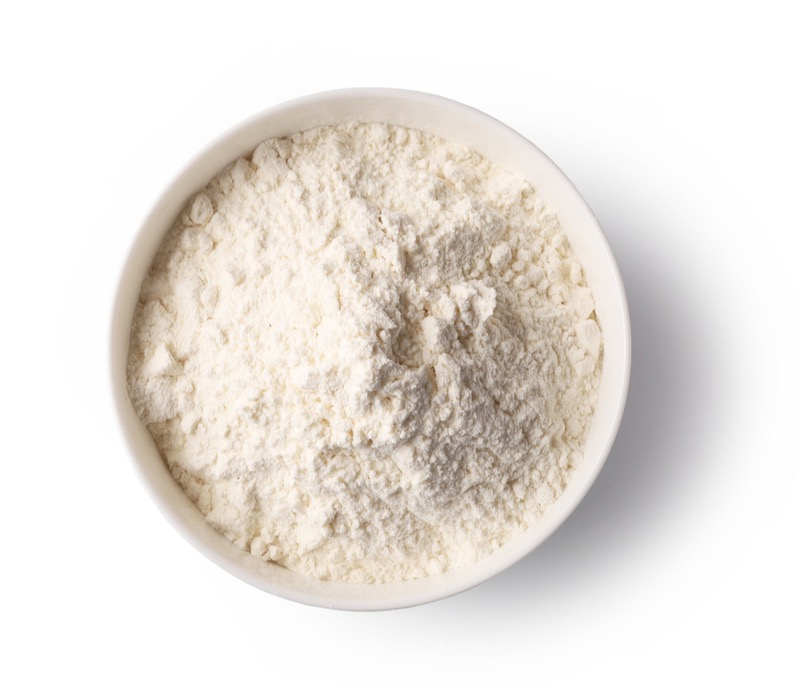Newsletter Signup - Under Article / In Page
"*" indicates required fields
A food ingredient developed by the Finnish startup Solar Foods has earned its first market approval in Singapore. The product is brewed using microorganisms fed with carbon dioxide and electricity — a more sustainable alternative to conventional animal protein.
Increasing numbers of fermentation-derived food products are reaching the market, including ingredients developed by Motif FoodWorks, The EVERY Company and Nature’s Fynd. These players are promising sustainable alternatives to current food ingredients produced via energy- and resource-intensive agriculture. Accordingly, investor interest in fermented food ingredients has soared in the last few years.
Add to this trend a new marketing approval for the emerging fermentation startup Solar Foods. With this latest decision from the Singapore Food Agency (SFA), food products containing the Finnish firm’s ingredient — grown from microbes with the help of gases from the air and electricity from renewable sources — can be sold across the nation.
Solar Foods’ powdered ingredient, named Solein, contains mostly protein in addition to a mixture of fat, fibers and other nutrients. Its makeup is similar to that of dried soy or algae, which are common food ingredients. According to Solar Foods, however, the powder can be made in a vat, and requires many times less water, land and greenhouse emissions than does traditional plant production.

“I’d compare this to the discovery of the potato: We are introducing an entirely new ingredient to the world of food,” said Solar Foods’ CEO Pasi Vainikka in a public statement. “It’s a watershed moment for how we think of what we eat.”
To power up for the market, Solar Foods is building its first commercial-scale production facility in Finland. The plan is to begin manufacturing and sales in 2024. Solar Foods also aims to get approval in other regions including the U.S., U.K. and European Union.
“We have tested Solein rigorously in a wide variety of foods over recent years,” stated Vainikka. “However, the impact of any food product, no matter how innovative, is truly realized only once it can be put on the plates of consumers.”
Other companies producing food using gas fermentation include LanzaTech, Air Protein and Deep Branch. As the technology is still in its infancy, the jury is still out on whether gas fermentation can produce protein on a huge scale as economically as plant-based products. However, the adoption of new research tools such as DeepMind’s protein-structure prediction algorithm AlphaFold could speed up the pace of innovation in this field, allowing it to mature quickly.
The small nation of Singapore has a history of being an early adopter when it comes to novel foods. In late 2020, the country was the first to approve the sale of a cultured meat product, which is grown from animal cells rather than traditional animal farming.
“As urbanization continues across the globe, megacities and metropolitan areas like Singapore will need more sustainable solutions to feed their citizens,” stated Vainikka. “Solein represents an answer to this challenge; a vision where food is grown with minimal resources and without arable land in deserts, Arctic regions, cities or even outer space.”
Partnering 2030: FME Industries Report







